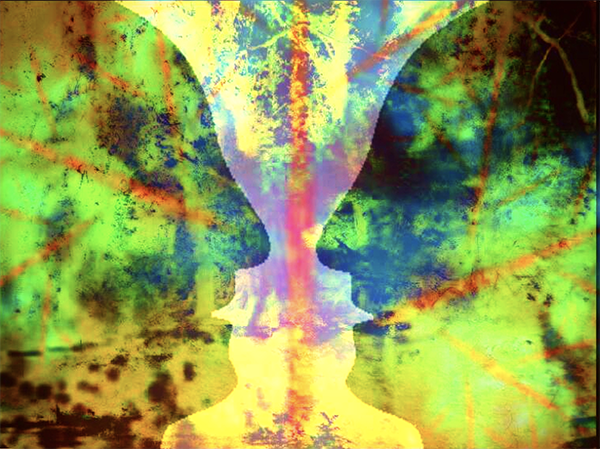Trauma Recovery
For nearly 30 years I have been helping people to overcome the consequences of different types of psychological and emotional trauma. These include critical traumatic events, single incidents, and the enduring impact of adverse childhood experiences (ACEs) on adult life. Without therapeutic help, some trauma survivors may suffer with PTSD (post traumatic stress disorder), dissociative disorders, addictions, complex grief, physical illnesses. I understand how trauma affects mind, body and soul, and the many complex ways people try to cope in their determination to survive. I understand how trauma diminishes a person’s freedom, hope and confidence in their ability to make good choices.
The expeience of trauma may be horrendous,
but trauma recovery can be helpful not harrowing.
Please get in touch with me if you’d like more information and to discuss how I might be able to help you.
What is Trauma?
Trauma is the ancient Greek word for "wound", and originally referred to physical wounds or injuries.
Today trauma also describes emotional and psychological wounds. Traumatic events can leave psychological and emotional symptoms long after any associated physical injuries have healed. A traumatic event could be when you experience, witness or even, hear about a real or perceived threat to the physical and/or psychological integrity of your self, or others, and when your subjective response involves great fear, horror, helplessness. and/or fragmentation, overwhelming your ability to cope.
Some traumatic events experienced or witnessed are easily recognised as traumatising events: a road traffic accident or train crash, a robbery, or an assault, a serious accident at work or on holiday, war-time incidents.
These shocking, one-off incidents may leave survivors of these events suffering from nightmares, flashbacks, panic, increased anger or tearfulness, sleeplessness, restlessness, physical symptoms, dread and more. It may become hard or even impossible to concentrate at work; social events or even family events may be avoided.
Or, you might be aware of experiencing enduring, distressing symptoms of mind, body and emotions, but not know why. This may be because disturbing events happened many years ago that you might not even remember. Or, perhaps events happened which you dismissed or thought were insignificant or were a regular occurrence that you just had to bear and live through without understanding or relief. Sometimes, a person has dealt with a single event but then an unexpected reminder triggers all the original uncomfortable feelings around it again. Sometimes, someone is traumatised by coming into contact with another person’s traumatic experience.
If you have experienced trauma of one sort or another, you may have found ways to cope with life post-trauma in order to survive. Some of these survival strategies, though necessary at the time, might be harmful or self-destructive. Addictions, severe mood swings, self-harm, somatic symptoms, chronic pain, anxiety and depressions are some ways people deny and disconnect from the impact of trauma. Eventually these attempted solutions may become a serious problem and lead to limitations and fragmentation of your experience in one way or another.




